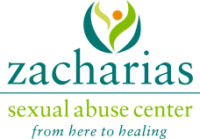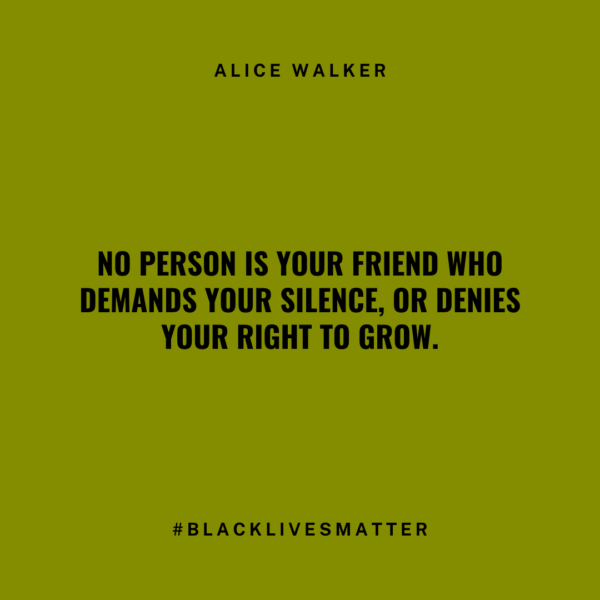Zacharias Sexual Abuse Center upholds our mission, ‘To provide a place where survivors of sexual assault and abuse can heal, and to mobilize the community toward action to end sexual violence,’ which encompasses an understanding that sexual violence is a personal, community and societal issue, impacted greatly by systems of oppression, particularly racial oppression.
Our culturally responsive service delivery model, personalized entry processes for accessing services, strategic outreach to underserved communities, and activism on a policy level, are driven by ZCenter’s mission and commitment to ending racism and promoting social justice. Our free Prevention, Advocacy, Crisis Intervention and Counseling services are provided in the spirit of equality, free from judgment or oppression. We believe that all the people we serve are entitled to respect, accessible services, privacy, empowerment, and advocacy.
As we witness the injustices of the death of George Floyd and so many Black lives, through individual and systemic racism, let us never forget the meaning of this moment and the history that brought us here. Our Rape Crisis Movement began through the activism of women of color, whose kin have endured centuries of pandemic racism.
ZCenter stands in solidarity with individuals and organizations who courageously work to dismantle racism and racist systems that cause destruction to African American communities.
ZCenter reaffirms our commitment to embrace a larger view of what a world free from violence in all its forms can look like.
We commit to bearing witness to the feelings and needs of our coworkers, clients, loved ones and neighbors.
We commit to ongoing learning, dialogue, and social justice activism to impact individual and systemic oppression.
We commit to providing culturally inclusive and equitable services for our communities of color, our LGBTQ+ community, and other underserved groups.
We commit to upholding the worth and dignity of all who are impacted by racial and social injustices.
We commit to partnering with community-based organizations, criminal justice systems, schools, health care and faith systems, to collectively address issues of service inequities and community needs.
We see you. We hear you. We stand with you.

